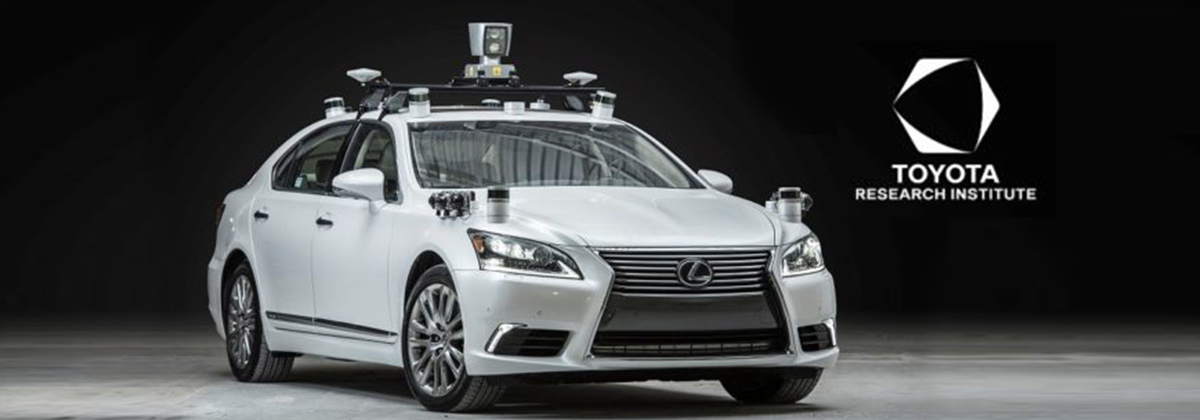
NAJAS/KKC
Business Speaker Series 26
Palo Alto, California
Yasuyuki Kohaya, Chief Liaison Officer, Toyota Research Institute
Mr. Stephen Zoepf, Executive Director, Stanford University
June 1, 2017
The Business Speaker Series was held in Palo Alto, California on June 1, 2017, under the theme “How Will Autonomous Vehicles Change the Way We Move? Perspectives from Japan and the U.S.”.
Self-driving vehicles have the potential to fundamentally change human mobility in ways that will have profound implications for our society, economy and politics. Technological advances can make transport more efficient, safer, more convenient, and free, but it can also eliminate jobs, threaten our sense of independence, and invade our privacy. Companies that can successfully develop and apply artificial intelligence to transport while meeting these challenges will be richly rewarded and so it is no surprise that many, including most of the automotive firms, are racing ahead to compete in this important sector.
Toyota, among the world’s largest sellers of automobiles, is one such company. In 2016 it launched the Toyota Research Institute in Palo Alto, which aims to enhance the safety of automobiles, with the ultimate goal of creating a car that is incapable of causing a crash. It seeks to provide increased access to cars for those who otherwise cannot drive, including those with special needs and seniors. Furthermore, TRI looks to translate outdoor mobility technology into products for indoor mobility, and accelerate scientific discovery by applying techniques from artificial intelligence and machine learning.
Mr. Yasuyuki Kohaya, Chief Liaison Officer at Toyota Research Institute, and Mr. Stephen Zoepf, Executive Director of the Center for Automotive Research at Stanford University, talked about their vision of the future of artificial intelligence and transport.
